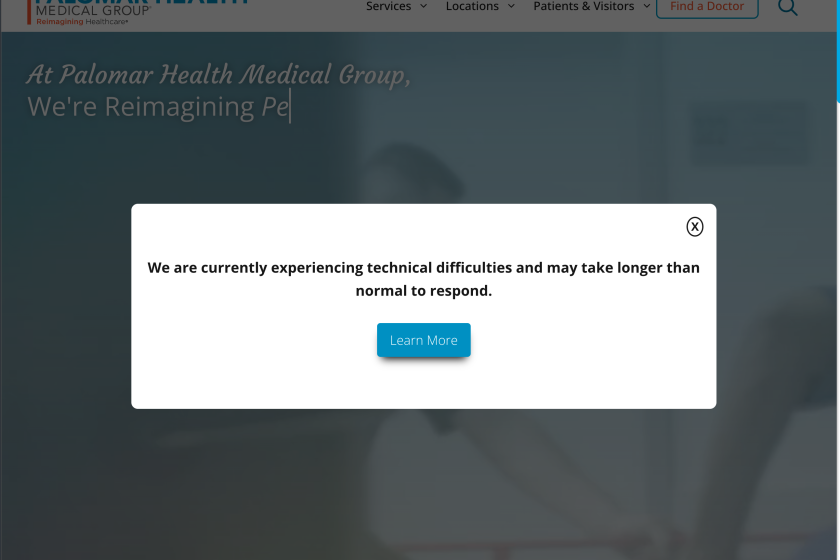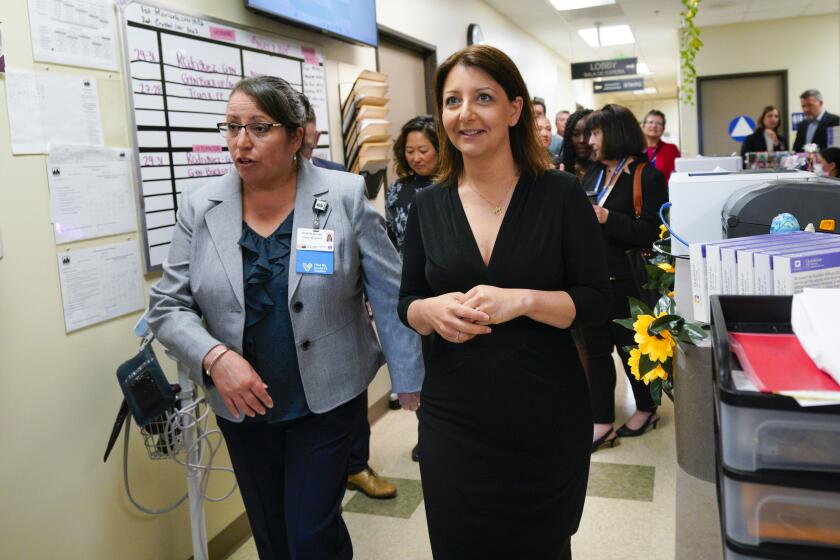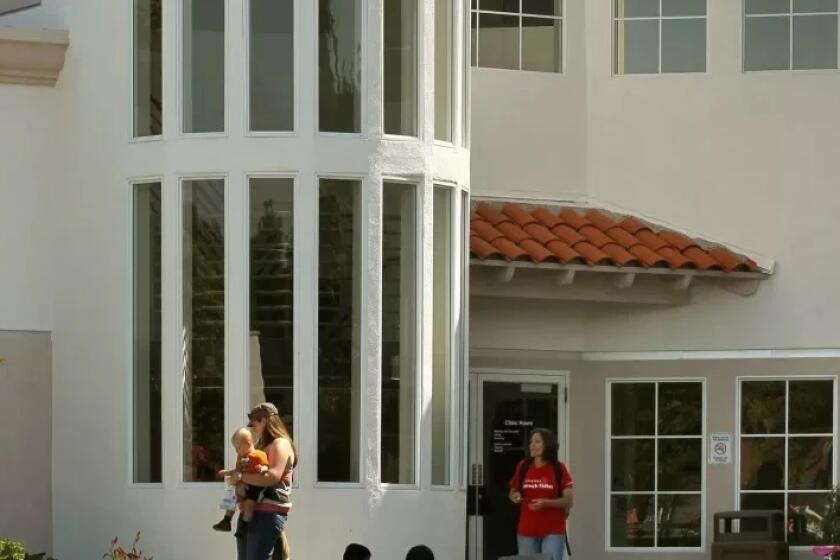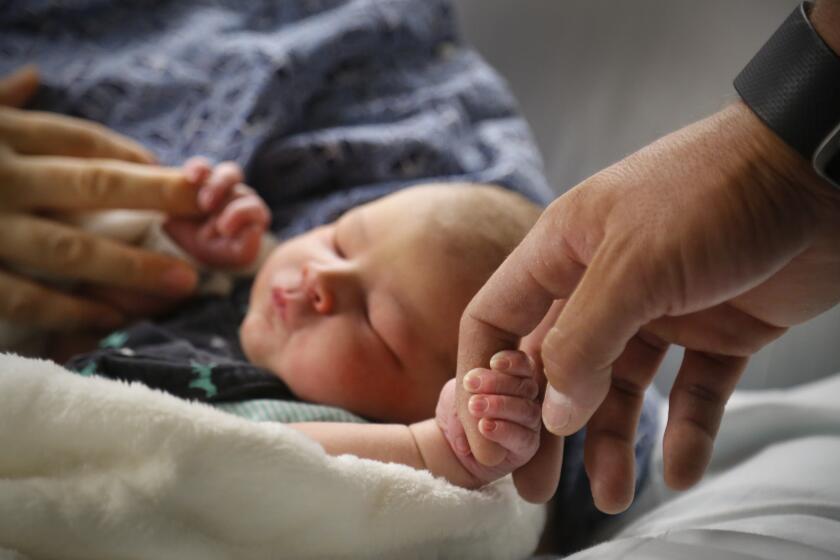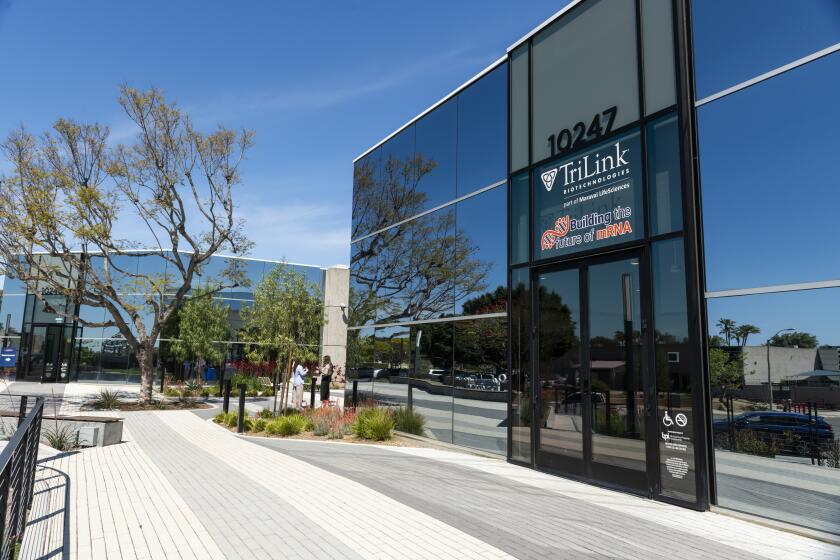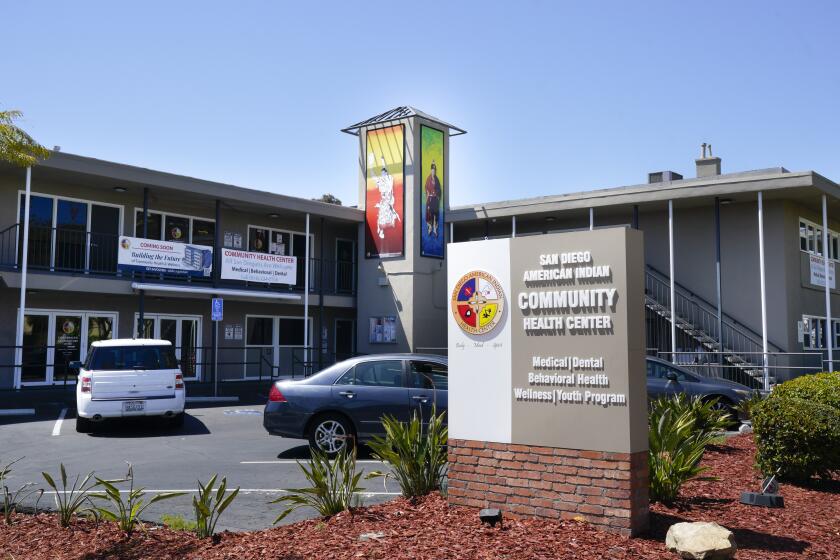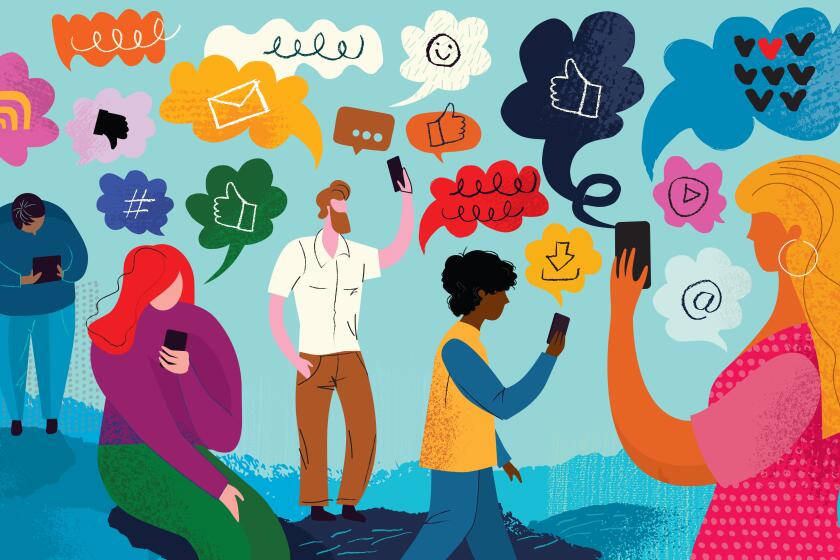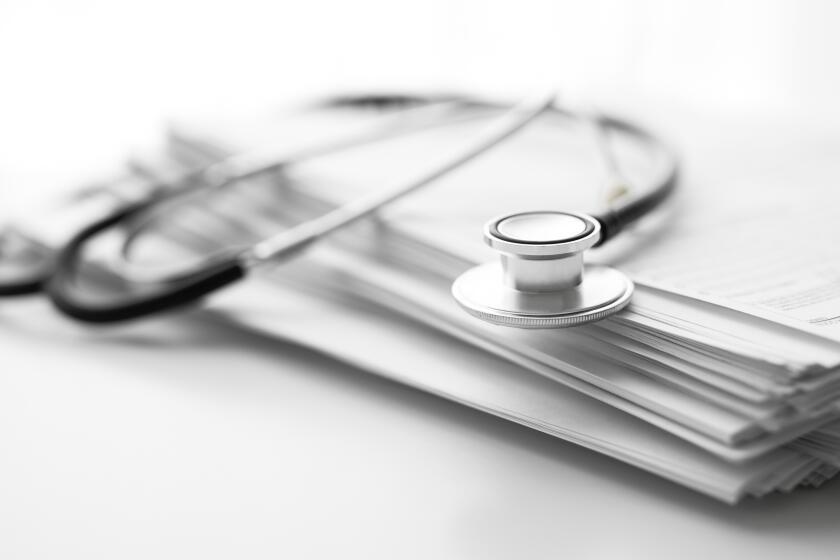Scripps hospitals report single-day COVID death record
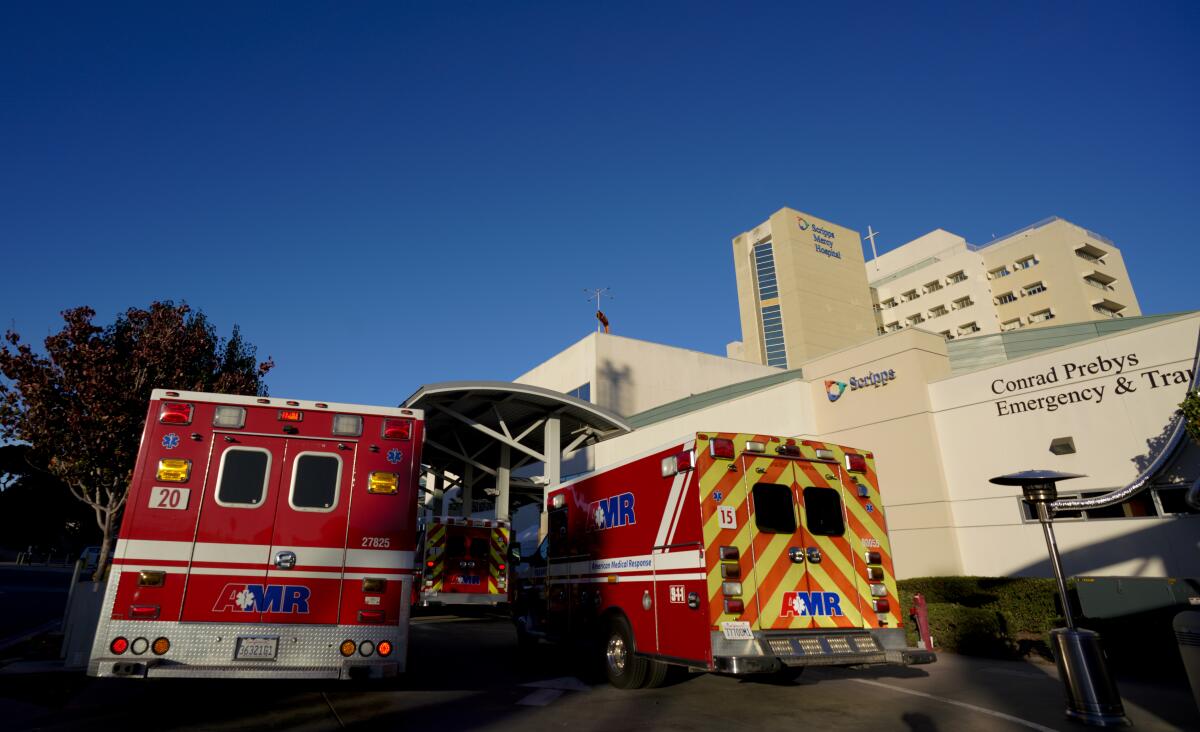
County provides additional detail on San Diego residents who died after becoming fully vaccinated
Scripps Health reported Monday that its hospitals collectively reported the largest number of COVID-19-related deaths seen in a single day over the weekend, with none of the patients fully vaccinated.
Dr. Ghazala Sharieff, chief medical officer at Scripps, said there were six deaths on Saturday.
“Going back to last Thursday, we’ve had 19 deaths, and all but one was unvaccinated,” Sharieff said.
One of those, an 84-year-old woman with diabetes and high blood pressure had received one dose of a two-dose vaccine course in January, she said, but had not returned for the second shot, which studies show can significantly improve the odds of survival.
The average age of local COVID-19 patients has been trending lower for months. Scripps said that among those younger than 55 admitted to hospitals in June and August, 11 percent of the unvaccinated have spent time in intensive care units. None under 55 who were vaccinated have needed ICU stays. The average intensive care stay has been 13.4 days for the unvaccinated.
Sixteen percent of the 301 unvaccinated patients age 55 and older who were admitted in June and August spent time in the ICU compared with 14 percent of the 77 patients over age 55 who were fully vaccinated. Though those percentages are much closer than for younger patients, the length of stay was significantly more favorable among those who have been vaccinated. Unvaccinated patients in that age group spent, on average, 15 days in ICUs, compared to 8.8 days for vaccinated patients.
There has been a shift in the overall attitude of patients, Sharieff said. The unvaccinated majority, she said, is far more likely to push back hard against visitation restrictions designed to prevent the spread of the virus inside hospitals. And there is significant resistance even to receiving test results.
“This is a different pandemic than what we experienced last year,” she said. “We’ve had patients calling our staff liars when they give them the results of their COVID tests.”
The county public health department’s most-recent COVID-19 report, released last week, indicates there were 47 deaths among those who were unvaccinated or partially vaccinated from Aug. 2 through Aug. 31, compared with two deaths among fully-vaccinated residents. Since Jan. 1, there have been 1,322 deaths among unvaccinated residents compared with 21 deaths among those who were fully vaccinated.
According to county records, three of the 21 who have died after being fully vaccinated were in their 60s, eight were in their 70s and 10 were 80 or older.
All 21 of those people, said Dr. Seema Shah, medical director of the county’s epidemiology and immunization department, had other significant medical conditions present, including diabetes, cardiac disease, high blood pressure, chronic kidney disease and chronic obstructive pulmonary disease.
“The vast majority of these had multiple conditions, not just a single disease, that contributed to their overall poor health,” Shah said.
The physician said she reads every COVID-19-related death certificate and has occasionally seen evidence of how tragedy unfolded.
“In some of the cases, there were individuals who were not fully vaccinated, not wearing masks, who came home to their loved ones, gave it to their loved one, who ultimately passed away,” Shah said.
At the moment, she said, those with severe chronic diseases should be extra careful about who they are meeting with, even if they are fully vaccinated.
“I can’t stress enough, especially with high levels of community transmission, that you need to be a little more diligent with mask wearing, and you need to get tested the minute you start to feel a symptom like a sore throat,” Shah said.
Monoclonal antibody therapies, which can give the immune system of a recently-infected person a boost that can help them fight off a infection, are available to residents with a wide range of underlying health conditions. But the treatment must be administered within 10 days of symptoms appearing in order to be effective.
The health department asks those with health insurance to request such therapies from their usual medical providers first, but if they cannot get through, they can call a countywide hotline — (619) 685-2500 — to be directed to the nearest monoclonal facility.
Get Essential San Diego, weekday mornings
Get top headlines from the Union-Tribune in your inbox weekday mornings, including top news, local, sports, business, entertainment and opinion.
You may occasionally receive promotional content from the San Diego Union-Tribune.

